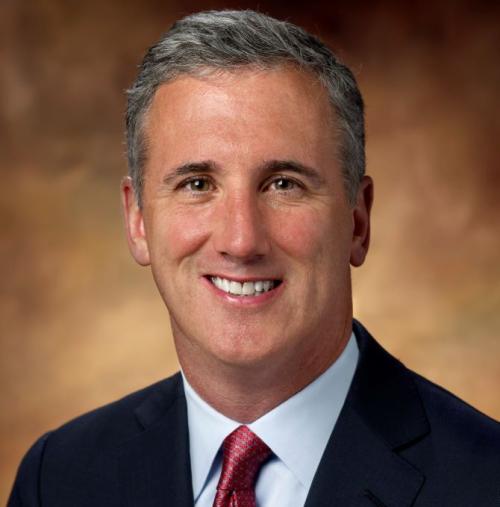Changes include smaller cash severance multiples and fewer entitlements to excise tax gross-ups, new study finds
Golden parachutes are losing some of their luster as regulatory changes and pressure from activist shareholders increasingly influence the view that boards and compensation committees take toward executive exit packages.
A new study from Alvarez & Marsal Taxand, an independent tax group and affiliate of professional services firm Alvarez & Marsal, looked at executive compensation arrangements among the top 200 publicly traded US companies and found that the benefit packages they provide to departing executives are in decline.
Among the study’s findings was that the number of executives entitled to excise tax gross-ups and other benefits in the event of a change in control is decreasing. In addition to fewer gross-ups -- money provided to make an executive ‘whole’ by covering tax liabilities related to change-in-control payments -- there are attention-getting changes in equity plans and cash severance multiples.
What was most striking in the survey, is a significant shift in the vesting of equity upon a change in control, from being contingent on a 'single trigger,' which requires only a change in control, to a 'double trigger,' which requires a change in control and termination of employment, according to Brian Cumberland, managing director of Alvarez & Marsal Taxand.
Of the companies polled, 85 percent said their equity arrangements vest upon a 'single trigger.' However, many more companies are moving to a 'double trigger,' with 63 percent having at least one equity plan that provides for a 'double trigger' vesting, up dramatically from 28 percent of companies studied in 2009. ’This can be explained in part by the fact that equity plans are typically put in place for 10 years. Any new plans being created are generally 'double trigger,' says Cumberland.
There has also been a shift to smaller cash severance multiples for CEOs. The most common ones are between two and three times compensation (among 43 percent of respondents), while use of a three times multiple fell to 42 percent in 2013 from 51 percent in 2011.
The change in excise tax gross-ups is noteworthy. Among CEOs, entitlements to gross-ups declined significantly to 30 percent in 2013 from 61 percent in 2009. Also telling is that 60 percent of companies that currently provide an excise tax gross-up or modified gross-up say they intend to phase out or completely eliminate them in the future.
Most surprising, says Cumberland, is the reduction in the cash severance multiple, which ‘shows that companies are trying to reduce the amount of benefits provided to executives by doing more than just eliminating excise tax gross-ups.’
Amid regulatory changes and increased scrutiny by shareholders and advisory groups corporations know they’re under the microscope and will be taken to task for their numbers, especially anything related to executive compensation.
Another survey finding is a shift to ‘at will’ employment for executives from formal employment arrangements, which is not common knowledge, according to Cumberland. The study showed that 22 percent of CEOs are not entitled to severance payments under any circumstances, while 44 percent are not entitled to severance upon a termination not linked to a change in control. Cumberland sees both percentages as surprisingly high.
As shareholders and advisory groups continue to oppose excessive executive compensation packages and encourage companies to eliminate gross-ups to executives, Cumberland recommends that ‘companies implement a 'valley provision,’ which provides some protection for the executive and could reduce the amount of non-deductible compensation expenses for the company.’
A ’valley provision’ essentially cuts parachute payments to the safe harbor limit when that is more financially advantageous to the executive. Without the provision, the company would not adjust the payments, leaving the executive responsible for paying the excise tax on his exit payment.








